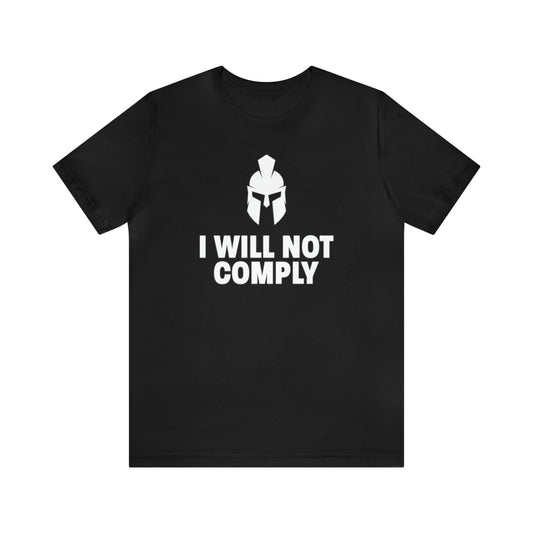
The Meaning and History of "We Will Not Comply" in the Context of the Second Amendment
Share
The phrase "We Will Not Comply" has been making headlines recently, particularly in the context of the Second Amendment Sanctuary movement. While some have criticized this mantra as undemocratic and anti-American, the truth is that it has a long and patriotic history in American democratic discourse.
Voicing a collective refusal to comply with laws perceived as unconstitutional or unjust is a fundamental part of American democracy. In fact, the mantra "we will not comply" helped set the stage for America as it exists today. From the Boston Tea Party to the Civil Rights Movement, Americans have a long history of standing up against unjust laws and policies.
The Second Amendment Sanctuary movement is just the latest example of this tradition. Over 100 Virginia counties and cities have passed measures denouncing—and in some cases, preemptively refusing to enforce—constitutionally suspect gun laws. Some Virginians at the rally began chants of "We will not comply," echoing the sentiments of Americans throughout history who have refused to comply with unjust laws.
For those who support the Second Amendment, "We Will Not Comply" is a powerful statement of resistance against gun control measures that they believe infringe on their constitutional rights. It is a way to stand up against unjust laws and policies that they believe threaten their freedom and safety.
In conclusion, "We Will Not Comply" is a mantra that has a long and patriotic history in American democratic discourse. It is a powerful statement of resistance against unjust laws and policies, particularly in the context of the Second Amendment. For those who support the Second Amendment, it is a way to stand up for their constitutional rights and protect their freedom and safety.











